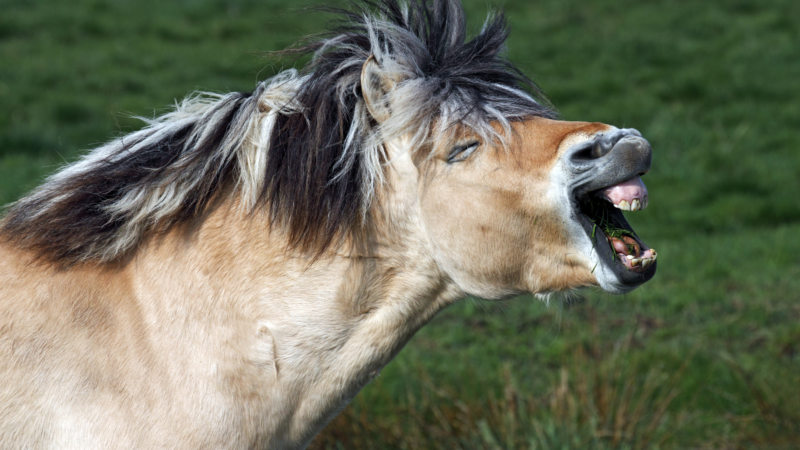Wheat Prices Soar
Thomas Murray’s family has worked this land in northwest Alabama for a century. He’s been farming since he dropped out of high school 30 years ago. Murray says cotton is in his blood, and corn too, but now he’s planting more than a third of his 800 acres with wheat.
“Because of the moisture. This wheat will grow this winter when we getting a little bit of rain.”
Like much of the Southeastern U.S., Alabama is gripped with a record drought. It crushed Murray’s cotton crop and a late freeze Easter weekend zapped the corn.
“Well we woke up, we had corn knee high. The next day it was flat. It just froze to death.”
Murray says he’s about $10,000 in the hole. To make ends meet he drives a school bus, harvests other people’s land, and hauls chicken litter. And he’s banking on the wheat that’s just poking up through the dried corn cobs that litter his fields.
Ironically, the bad weather that caused Murray’s troubles is also responsible for the record prices that might help save his farm. Joe Sowers is with the trade group US Wheat Associates. He says the high price is the result of growing demand and shrinking supply because of really bad weather around the world, including Australia.
“They’ve had two years of essentially biblical drought.”
Last year, Canada’s planting season was delayed because of rain, and Argentina had a late season freeze. This year, the weather is cooperating. Sowers says it’s been nearly ideal and farmers everywhere are planting wheat like crazy. In Alabama, the number of acres planted with wheat has doubled this year, leaving some like farmer Thomas Murray worried about the potential of falling prices.
“That’s what’s scared me, you know, everybody’s planted wheat. Everybody planted corn but the corn price didn’t fall. So maybe the wheat won’t fall. I hope it don’t. We all gonna be a mess if it does!”
Auburn University extension specialist Tim Reed says if farmers don’t make good money off this wheat crop some could go out of business.
“Farmers in this area are really facing a critical situation.”
And if wheat production goes down next year, consumers may pay even more for bread, cereal and cookies.
Kalshi reveals insider trading case against editor for MrBeast
With prediction markets booming, so have concerns about insider trading. Now, Kalshi has disclosed its first public actions against accounts suspected of trading on confidential information.
Greetings from Jordan’s Wadi Rum desert, where patches of green emerge after winter rains
Wadi Rum's otherworldly landscape is where Star Wars movies and The Martian were filmed. In late winter, plants emerge in this desert — but some are toxic to camels, so their herders must protect them.
Lack of transportation keeps many Alabamians from working. Rural public transit programs are trying to help
While lack of transportation is a major employment barrier in Alabama, few people take public transit to work. That dynamic is even more pronounced in rural areas.
When a horse whinnies, there’s more than meets the ear
A new study finds that horse whinnies are made of both a high and a low frequency, generated by different parts of the vocal tract. The two-tone sound may help horses convey more complex information.
Hundreds of American nurses choose Canada over the U.S. under Trump
More than 1,000 American nurses have successfully applied for licensure in British Columbia since April, a massive increase over prior years.
Trump’s many tariff tools mean consumer prices won’t go down, analysts say
The Supreme Court struck down President Trump's signature tariffs. But the president has other tariff tools, and consumers shouldn't expect cheaper prices anytime soon, economists say.






